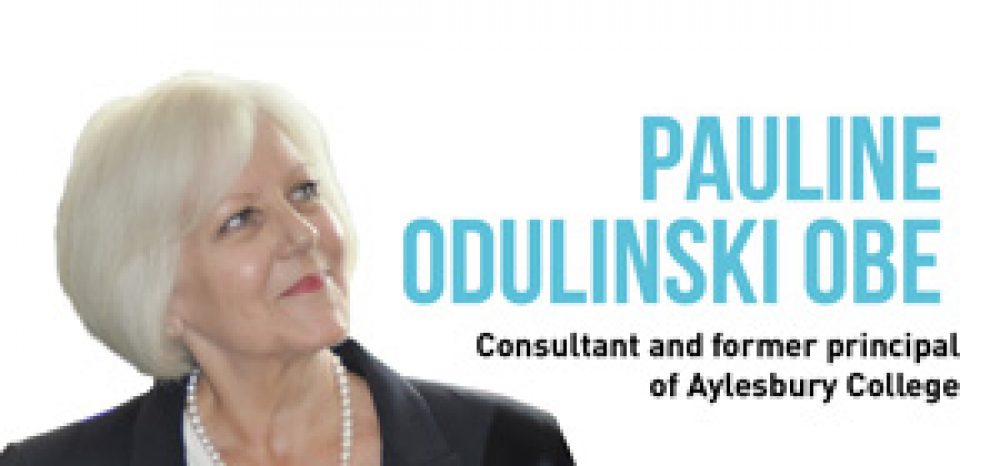Getting more women into leadership positions is a multifaceted challenge, but there are some practical steps leaders in FE can take, writes Pauline Odulinski
We are all familiar with the concept of the glass ceiling and know that women advance less far at work. They also continue to be paid less than men for doing the same job. In 2017 this is simply unacceptable.
The evidence shows women in FE are less likely to be in leadership positions: 40 per cent of senior posts are filled by women, which is far from representative considering women make up 60 per cent of the workforce.
So it seems that despite policies and promises both on the macro and micro levels, we are still a long way from equality.
At a recent conference hosted by the Women’s Leadership Network – of which I am a founding member – we heard from several experts and female leaders about their perspectives.
Tom Schuller, the author of ‘The Paula Principle: How women work below their level of competence’, explained that despite women overtaking men at A-level, degree and post-graduate level in the UK, data from over 30 OECD countries shows the gender pay gap is still wide at the top and worse, that there is a slowdown in convergence.

Dan Godsall, a former MD of Barclays UK and the founder of a coaching business, has a positive outlook: he believes that socio-economic drivers of equality will ultimately prevail, that the workplace and employers will have to change.
“Today with women being the principle breadwinners for over 40 per cent of families, the businesses that will win the war for talent will be those who are the most responsive to the changing roles and needs of their employees,” he said.
Dan works with international organisations including Tesco to retain their talented employees as they experience the transition of parenthood.
Clearly this is a complicated challenge relevant at individual and organisational level; but there are some practical steps women and leaders in FE can take.
First, women in FE: this advice came from Sarah Maskell MBE FCMI, who was speaking at the conference:
Understand how to frame your strengths in a variety of ways.
Communicate your achievements.
Don’t underestimate the support you can gain from and offer to others: find women at work to mirror or follow.
Leadership can be lonely – move from comfort of a peer group to developing and maintaining a broad support network
Keep healthy, emotionally and physically
And most significantly, leave a legacy and share your learning. If you’re coming to the end of a post, look back and think about how others could follow your lead and share this information.
Further education as a sector should be leading the way for equality
From my experience as a college principal, and latterly working as a facilitator, mentor and coach, I believe other actions can be taken by leaders throughout the sector to move the agenda forward:
Apply progressive childcare, family care and parental policies. This is not about just women; it’s about supporting men to take up these opportunities as well, in a shared strategy.
Offer development opportunities to those you perceive to be talented, but will not necessarily put themselves forward to take up a new challenge.
Establish mentoring and coaching for junior staff – not only succession planning but also inclusion and inspiration.
Share success – use your internal communication channels, email, magazines and intranet to share success stories, particularly with regard to positive successful (internal and external) role models.
Engage with your teams and ask for their input to co-design your development programme. This may also include shadowing or secondments in businesses.
Further education as a sector should be leading the way for equality. As parents, friends, teachers, managers and leaders in all walks of life, we are responsible for educating future generations and ensuring that everyone has equal access and opportunities.
We cannot do this unless we set the example.
Pauline Odulinski OBE is a co-founder of the Women’s Leadership Network








Your thoughts